As Sanctions Suffocate Russia, Kazakhstan Struggles to Breathe
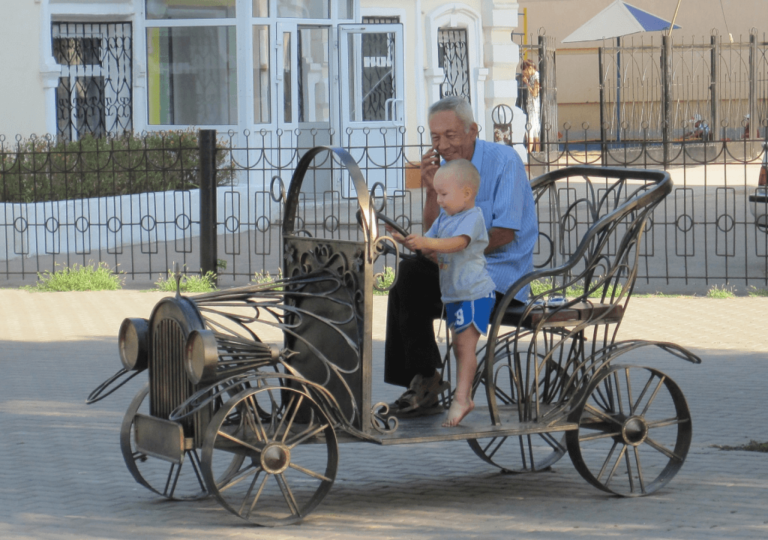
Kazakhstan's economy suffers as reliance on Russia deepens amid sanctions, leading to currency depreciation and rising inflation

Kazakhstan's economy suffers as reliance on Russia deepens amid sanctions, leading to currency depreciation and rising inflation
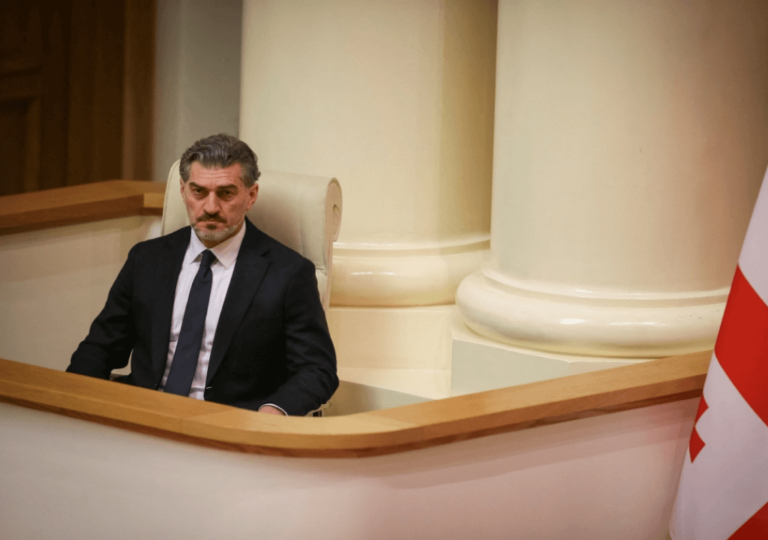
Georgia faces a political crisis as protests erupt against a pro-Russian government and its newly elected president
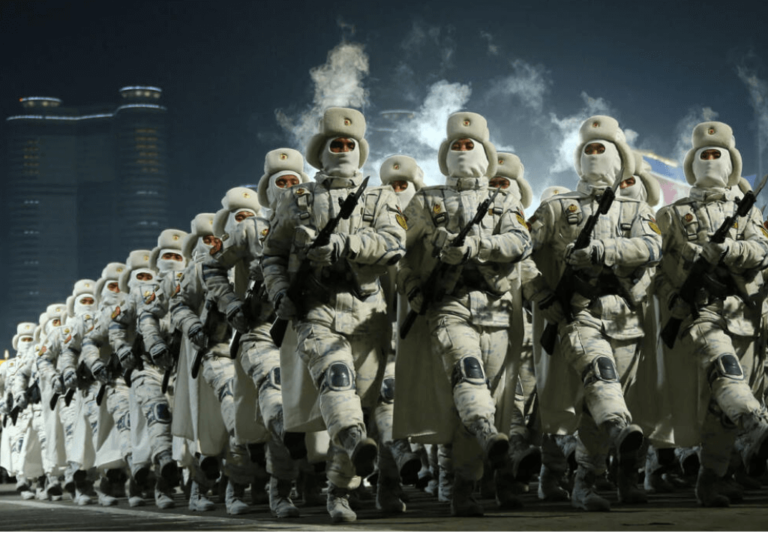
Russia's war in Ukraine has led to high casualties and recruitment challenges, now involving North Korean troops for support
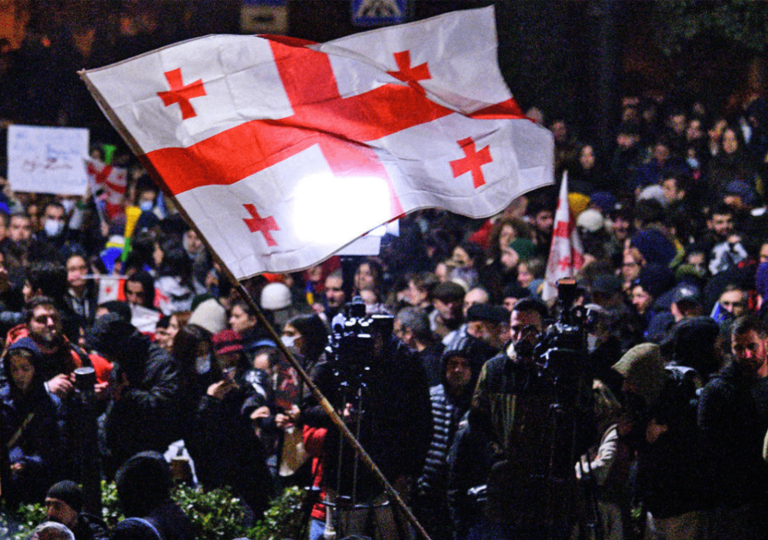
Georgia's parliamentary elections on October 26 saw Georgian Dream secure a landslide victory, despite accusations of electoral fraud from the opposition
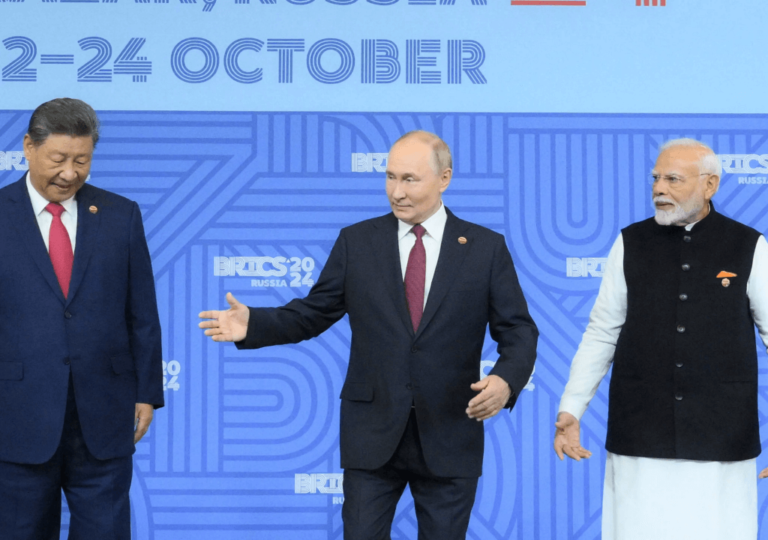
The 16th BRICS summit in Kazan highlights the bloc's growing geopolitical significance and its challenge to U.S. dominance
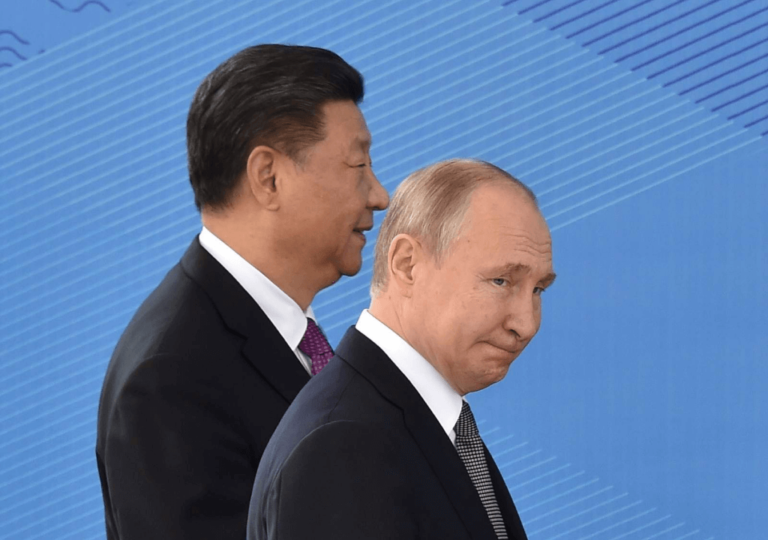
Putin seeks mediation from China and India as the Russia-Ukraine war reaches a stalemate, complicating peace efforts
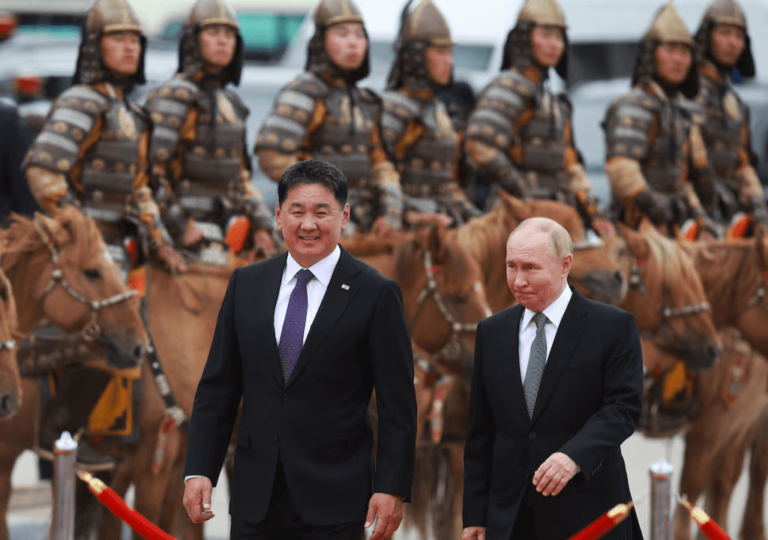
Mongolia welcomed Putin despite ICC arrest warrant, raising concerns over its international obligations and geopolitical stance
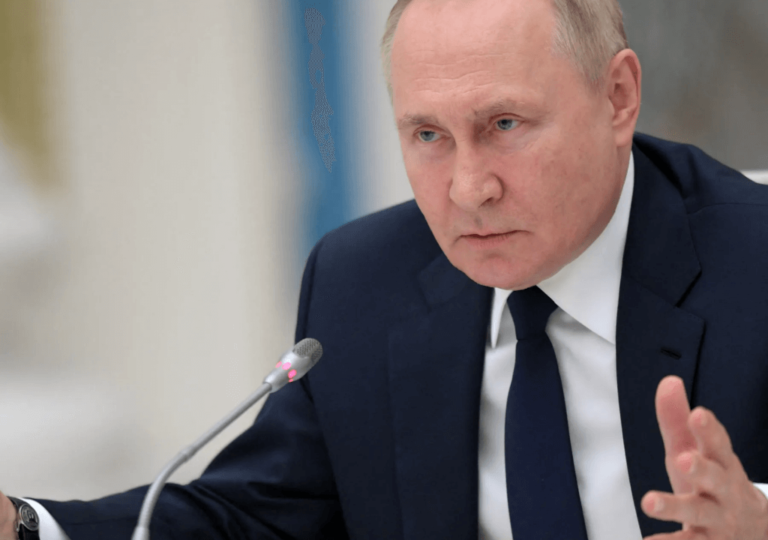
A shift in sentiment among younger generations in former Soviet countries shows a growing alignment with Western values, challenging Russia's influence
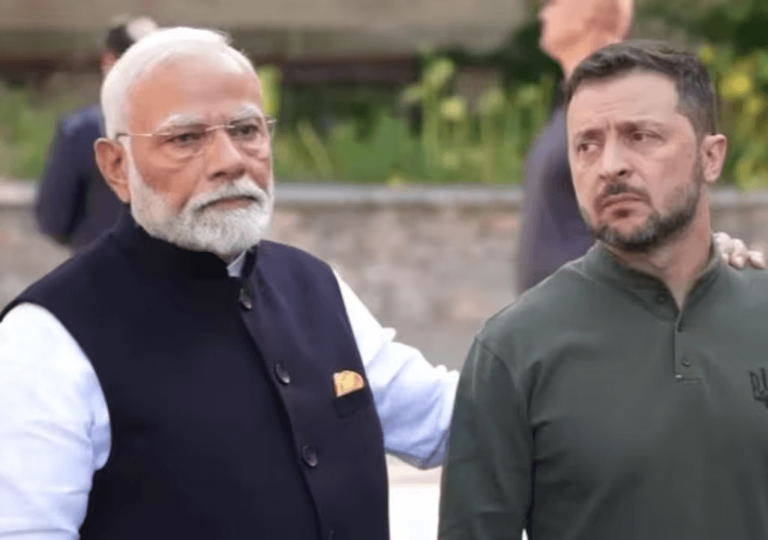
Modi's visit to Ukraine marks a historic moment, emphasizing India's support for Ukraine amid ongoing conflict with Russia
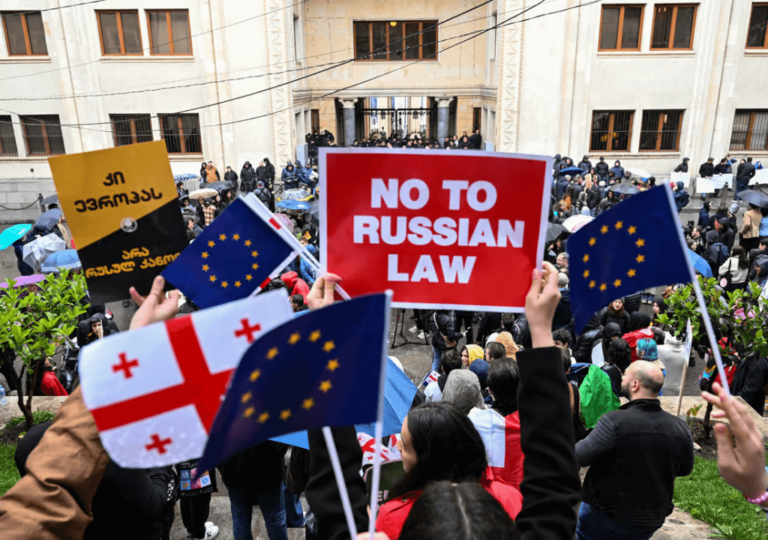
Georgia is accused of circumventing Western sanctions on Russia, jeopardizing its European aspirations despite protests against Russia